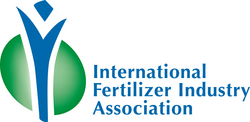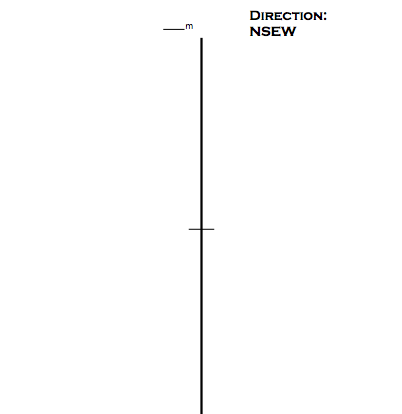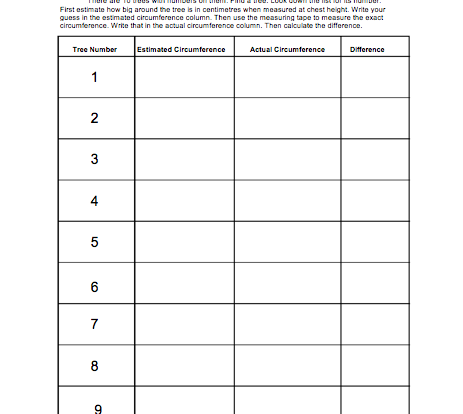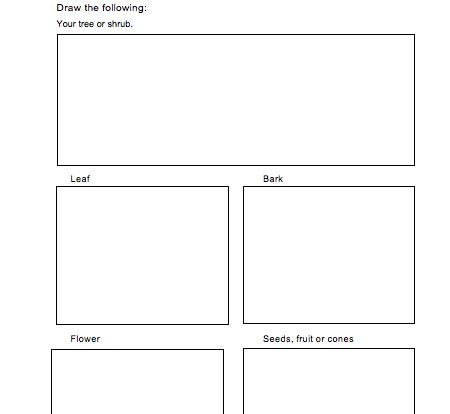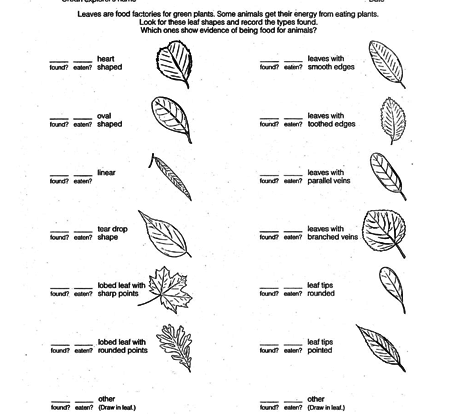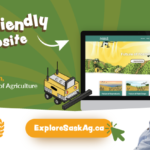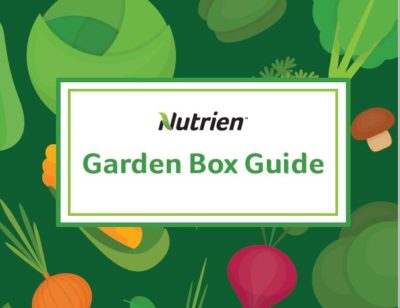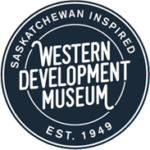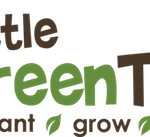-
The International Fertilizer Industry Association (IFA) is a trade association representing the global fertilizer industry. IFA member companies represent all activities related to the production and distribution of every type of fertilizer, their raw materials and intermediates. IFA’s membership also includes organizations involved in agronomic research and training. IFA has some 540 members in about 85 countries. The global fertilizer industry produces some 170 million tons of fertilizer nutrients annually. These are used in every corner of the globe to support farmers in sustainable agricultural production and food security.
To learn more visit: www.fertilizer.org
-
Discuss transects and different methods of observation. Students complete the activity by indicating changes in the natural area, and identifying the ecosystem using transects. Wrap up: Compare student results, and revisit transect basics if necessary.
-
Students exercise their abilities in estimating and calculating circumference and subtraction. Teachers number 10 trees within the schoolyard and students then go outside to find each tree (1-10). First the students estimate each circumference, measure each circumference, and then find the difference between their estimation and actual circumference. Wrap up: Compare numbers, discuss which students had the closest guesses, etc.
-
Have students choose a tree or shrub and draw it including specifics like leaves, bark, flower, seeds, and fruit or cones. Have students switch their sheet with a partner, and have their partner try to guess the tree/shrub based on the pictures drawn. Wrap up: Discuss student answers. Correct/incorrect answers and what led them to their guess.
-
Discuss shapes, leaves, leaf shape, animal diet, herbivores, trees, tree parts, evidence of eaten leaves and leaf shapes on the worksheet. Students hunt for different leaf shapes and look for signs that they have been eaten. Wrap-up: rare and common leaf shapes, number of eaten leaves, etc.

